One of Charlie Brown's most endearing character traits from the Peanuts comics is his love of baseball – and that extended to his favorite player and hero, Joe Shlabotnik, whose lousy career in the major and minor leagues made him a reflection of the franchise's protagonist, who is best known for being a loser, but a relentlessly optimistic one.
Joe Shlabotnik, a fictional ballplayer, remained Charlie Brown's idol despite the tumult of his career, which saw him repeatedly demoted to the minors. Later, he went from an unsuccessful career as a player to an equally tepid run as a manager – yet Charlie Brown's admiration for him never wavered.
Peanuts' Joe Schlabotnik cartoons are a great representation of what makes Charlie Brown such a beloved character: a mix of unwavering loyalty, good-natured naïveté, and persistence in the face of any and all discouragement.
10 "When He Suffers, I Suffer"
First Published: May 6, 1963

Though he wouldn't be named for several more months, Joe Shlabotnik made his debut in this Peanuts strip, as Charlie Brown noted that his "favorite ball player went hitless" in the prior day's game, and "made three errors" on top of that.
Here, the yet-unnamed Shlabotnik, and Charlie Brown's fandom, serve as set-up for Lucy's punchline about Sam Snead, a real-life professional golfer who, despite being lauded as an all-time great, never won the U.S. Open. Of course, Shlabotnik and Snead share little in common beyond being professional athletes – as Snead was undeniably talented, and Shlabotnik is consistently depicted as an abjectly terrible player – and the humor of this panel comes from Lucy Van Pelt's mistaken conflation of the two.
9 "What Do You Do With All The Pictures Of Your Hero When He Gets Sent Down To The Minors?"
First Published: May 8, 1963

In the previous day's Peanuts panel, Charlie Brown learned that his favorite baseball player was being demoted to the minors, following his disastrous "0-for-5" performance in a game. This cartoon reveals the extent of the character's fandom, as the wall of his bedroom is revealed to be covered in photographs of the player to be named later as Joe Schlabotnik, which Charlie Brown doesn't know what to do with now that his hero has been demoted.
This Peanuts comic is notable for its melancholy tone, which eschews a punchline in favor of a note of sadness for Charlie Brown, showcasing creator Charles Schulz's ability to evoke different feelings about childhood and growing up in America, something which contributed more to the success of Peanuts than many fans might realize.
8 "He's Not As Cute As I Thought He Was!"
First Published: August 18, 1963
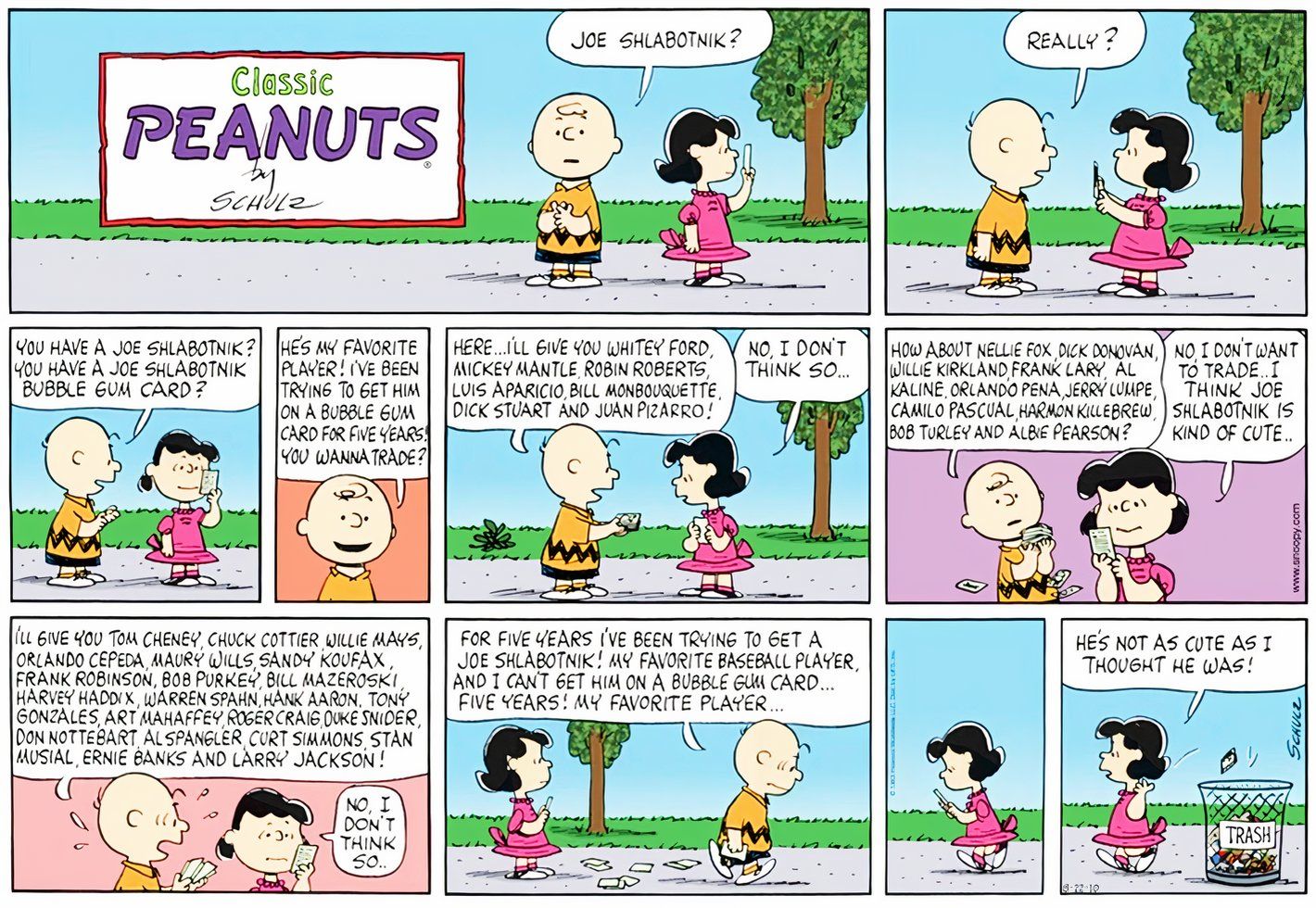
In this extended Sunday edition of Peanuts, Charlie Brown's favorite player is finally given a name: Joe Shlabotnik. Charlie Brown is surprised to learn that Lucy has a Shlabotnik trading card, something he has spent half a decade – meaning most of his life – trying to acquire. Over a series of panels, Charlie Brown proposes a series of increasingly elaborate trades, offering up cards featuring the greatest players in baseball history in exchange for his favorite.
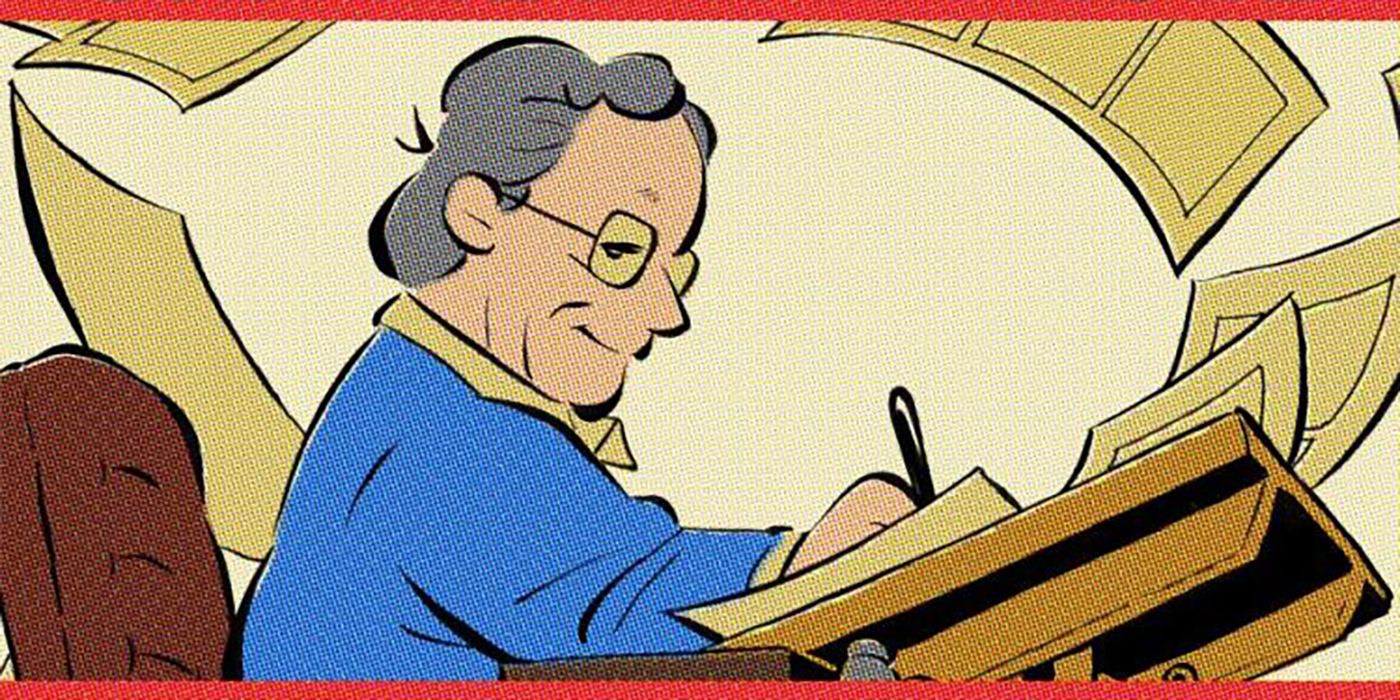
Related
Peanuts' Creator Charles Schulz Had A Shockingly Competitive View Of Comics
Charles Schulz's Peanuts delivered innocuous humor from an eternal childhood – but behind the scenes, he was relentlessly driven to be the best.
At each turn, Lucy rejects him – and then finally adds insult to injury by actually throwing the Shlabotnik card in the garbage, after she notices that "he's not as cute as [she] thought he was." This cartoon brilliantly captures the urgency of trading cards for children, while also staying true to Charlie Brown's perennial hapless nature.
7 "Five Dollars Worth Of Bubble Gum And Not One Joe Shlabotnik!"
First Published: April 12, 1964
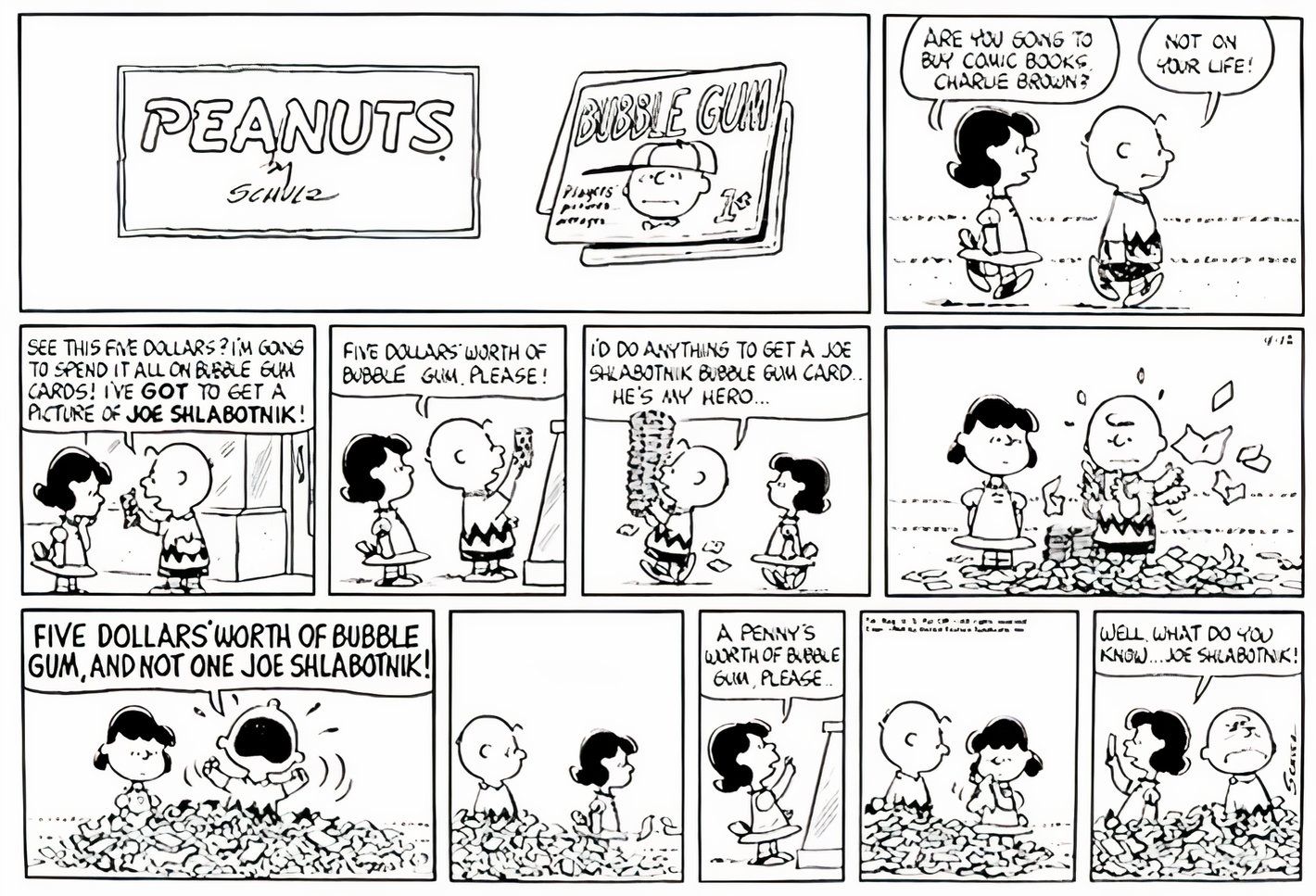
In another super-sized Sunday edition of Peanuts, Charlie Brown is determined to finally get his hands on a Joe Shlabotnik trading card, going so far as to buy five dollars worth of gum – in other words, five hundred packs –reckoning that there has to be at least one Shlabotnik among the bunch. A few panels later, having torn into every package, Charlie Brown is left at his wits' end, as he confirms there is "not one Joe Shlabotnik" to be found, at which point Lucy buys one pack of gum and immediately finds the cherished card.
This is the ultimate example of the comedic irony that often ruled Charlie Brown's life, as – like his hero – he was destined to strike out time and again, while watching others hit it out of the ballpark on their first swing.
6 "With A .004 Batting Average?"
First Published: July 30, 1964

This Joe Shlabotnik Peanuts strip exemplifies Charlie Brown's relentless optimism – even in the face of cold, hard facts and figures. At first dismayed to learn that Shlabotnik has been demoted once more to the minor leagues, "to play for Stumptown in the Green Grass league," Charlie Brown quickly rallies and declares, "I bet he'll lead Stumptown to its first pennant!"
"With a .004 batting average?" his friend Schroeder asks, in a laugh-out-loud punchline, which definitively establishes in Peanuts lore that Joe Shlabotnik is not a former great in the twilight of his career, or even a mid-level player struggling with a bad luck streak, but that he is, in fact, one of the worst baseball players of all time. Yet despite that, he inexplicably remains the greatest in Charlie Brown's eyes.
5 "Dear Fans Of Joe Shlabotnik..."
First Published: March 8, 1970
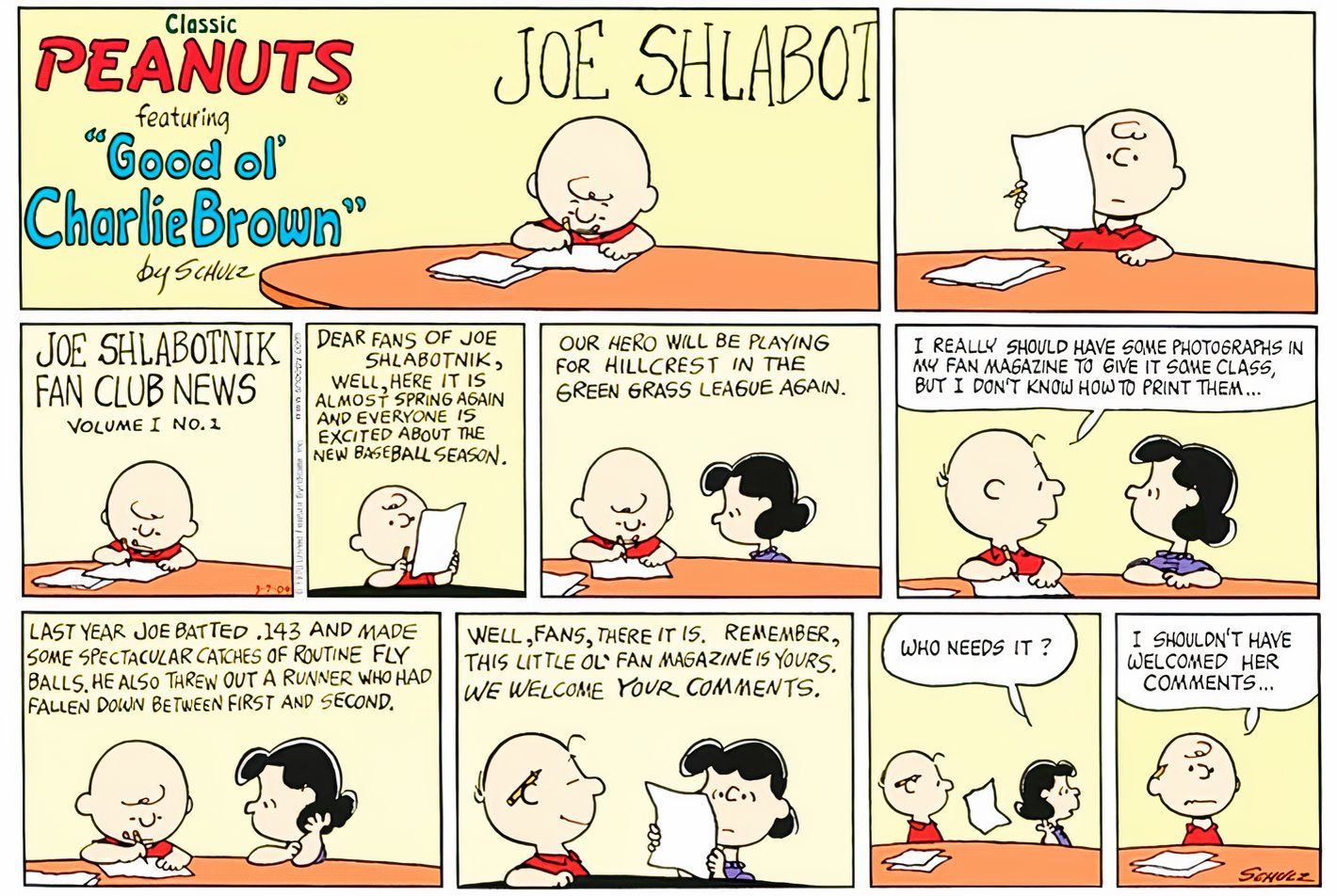
In this Peanuts cartoon, Charlie Brown takes his appreciation for Joe Shlabotnik to the next level, starting the "Joe Shalbotnik Fan Club News" in anticipation of the upcoming baseball season. This gave Charles Schulz the opportunity to offer some more hilarious details about the player, including that he "made some spectacular catches of routine fly balls," the previous season, and "threw out a runner who had fallen down between first and second."
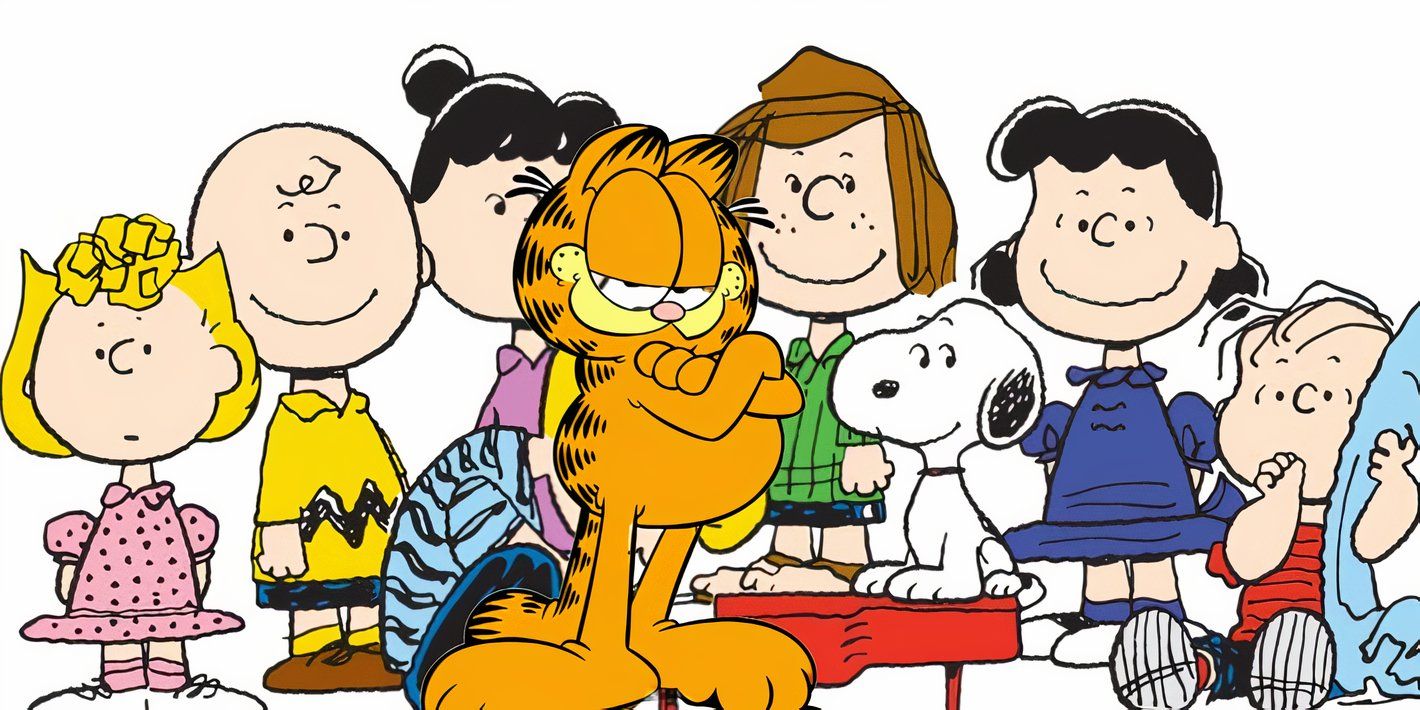
Related
Peanuts vs. Garfield: Charles Schulz Secretly Considered Jim Davis His Arch-Rival
According to a biography of Charles Schulz, Peanuts' creator considered fellow cartoonist Jim Garfield to be his biggest professional rival.
In a way, this comic strip gives the impression the Charlie Brown knows his hero is far from impressive out on the field, raising the question of why exactly Joe Shlabotnik remains Charlie Brown's favorite, suggesting that it is not a matter of performance, but perhaps instead a reflection of the character's own aspirations to make it in the big leagues one day.
4 "I've Come To See Him Work On Some Of His Strategy"
First Published: June 23, 1975

In the mid-1970s, with his own playing career behind him, Joe Shlabotnik transitioned into a role as a manager in the minor leagues – though Charlie Brown's admiration didn't waver in the slightest. In fact, during one of Charlie Brown's trips to camp, he found out that Shlabotnik's team was playing just a mile down the road, and sought out to catch his hero live and in person.
Again, this strip is notable less for its humor and more for the sense of nostalgia for America's pastime that Charles Schulz channels here. Charlie Brown was, of course, in some ways a proxy for Schulz himself, and that seems to be the case as he sits down in an old, dilapidated ballpark, where "everything is made out of wood," and wishes he could share the experience with his father.
3 "What Are You, Kid, Some Kind Of Nut?"
First Published: June 25, 1975

Here, Charlie Brown takes full advantage of the opportunity to cheer on his hero, the legendary Joe Shlabotnik – even though, as a kid sitting next to him notes, the game hasn't even started yet, and the home club's manager is simply "taking the lineup out to the umpire."
Nevertheless, Charlie Brown is thrilled to root for his idol, shouting enthusiastically "C'mon Joe! You can do it!" Again, Charlie Brown seems to possess some awareness that any victory, no matter how small or simple, for Shlabotnik is a huge win; it is incredibly endearing, in typical Peanuts fashion, the way Charlie Brown desperately wants success for his hero, rather than loving him because of his accomplishments.
2 "Try Not To Cry On The Ball, Joe...It Makes The Ink Run."
First Published: June 30, 1975

Unfortunately for Joe Shlabotnik, successfully handing the lineup to the umpire would be his highlight of the night, as his team is subsequently beaten so badly that Shlabotnik is fired as manager. Undeterred, Charlie Brown catches Shlabotnik boarding a bus out of town, and asks him for an autograph, noting "you'll always be my hero."
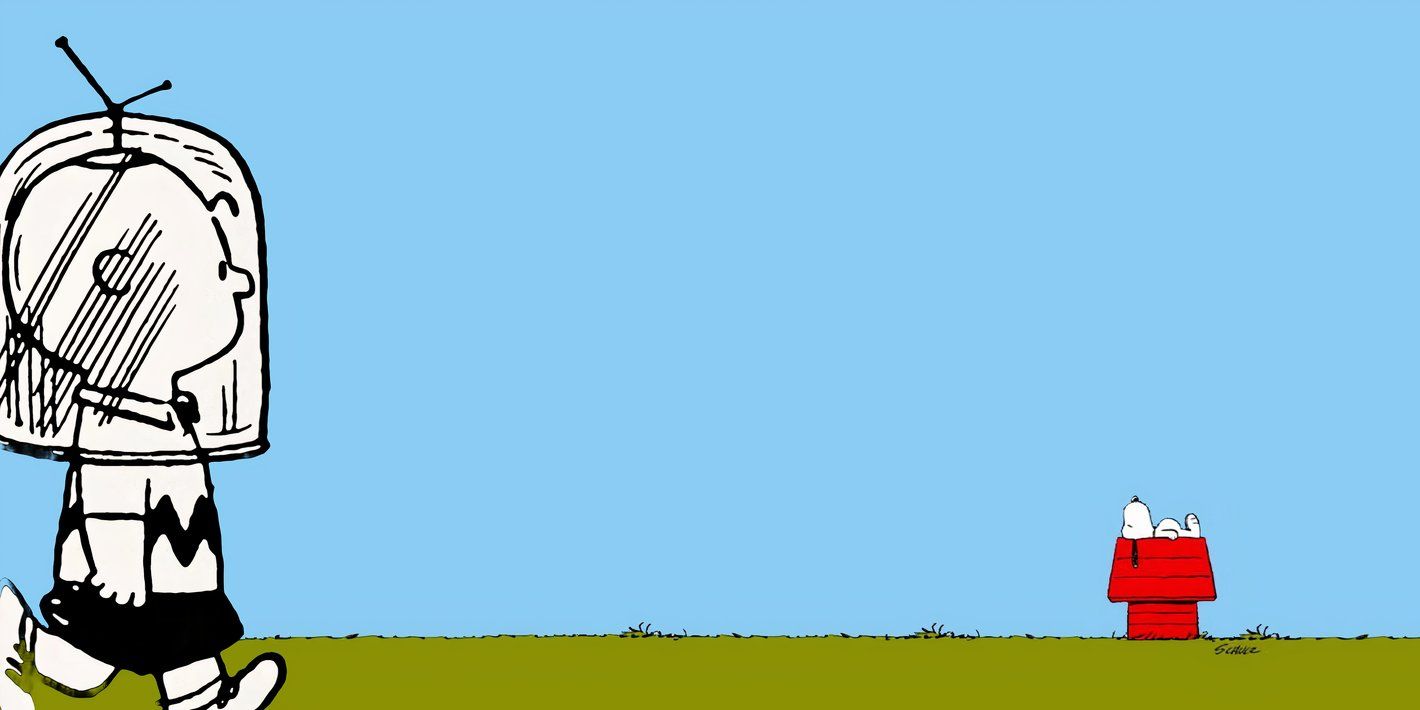
Related
All 10 Of Peanuts' Hilarious "Mr. Spaceman" Comic Strips (That Time Charlie Brown Pretended He Was From Mars)
In March 1955, Charlie Brown briefly adopted the alter ego of "Mr. Spaceman," until Lucy took control of his out of this world make-believe scenario.
It is ambiguous whether Shlabotnik is moved to tears by the fact that he still has at least one fan in the world, or he's crying because his dreams of being a baseball player, and manager, never panned out the way he thought they would. In any case, however, the moment Charlie Brown finally meets his favorite playertakes a melodramatic turn, as the young boy is forced to tell Shlabotnik, "try not to cry on the ball, Joe," for fear it might ruin his autograph.
1 "Throw The Ball, Joe! Throw The Ball!"
First Published: July 1, 1975

Hilariously, when Joe Shlabotnik shows a lack of urgency in signing the ball for Charlie Brown – perhaps because he's not used to giving autographs – it leads to a classic culmination of this historic moment in Peanuts lore. As the bus starts to pull away, Charlie Brown shouts after it for Shlabotnik to throw him the ball, which he does, hitting Charlie Brown right in the head, knocking him off his feet.
As a reprise of a familiar Peanuts punchline, this is a solid joke, but even more than that, it is an effective culmination of Charlie Brown's long-simmering Joe Shlabotnik fandom. Despite the less-than-ideal conclusion to their meeting, Charlie Brown continued to love Shlabotnik for decades to come, and after a slight mishap with a bully, the autographed baseball became one of the Peanuts' protagonist's cherished possessions.
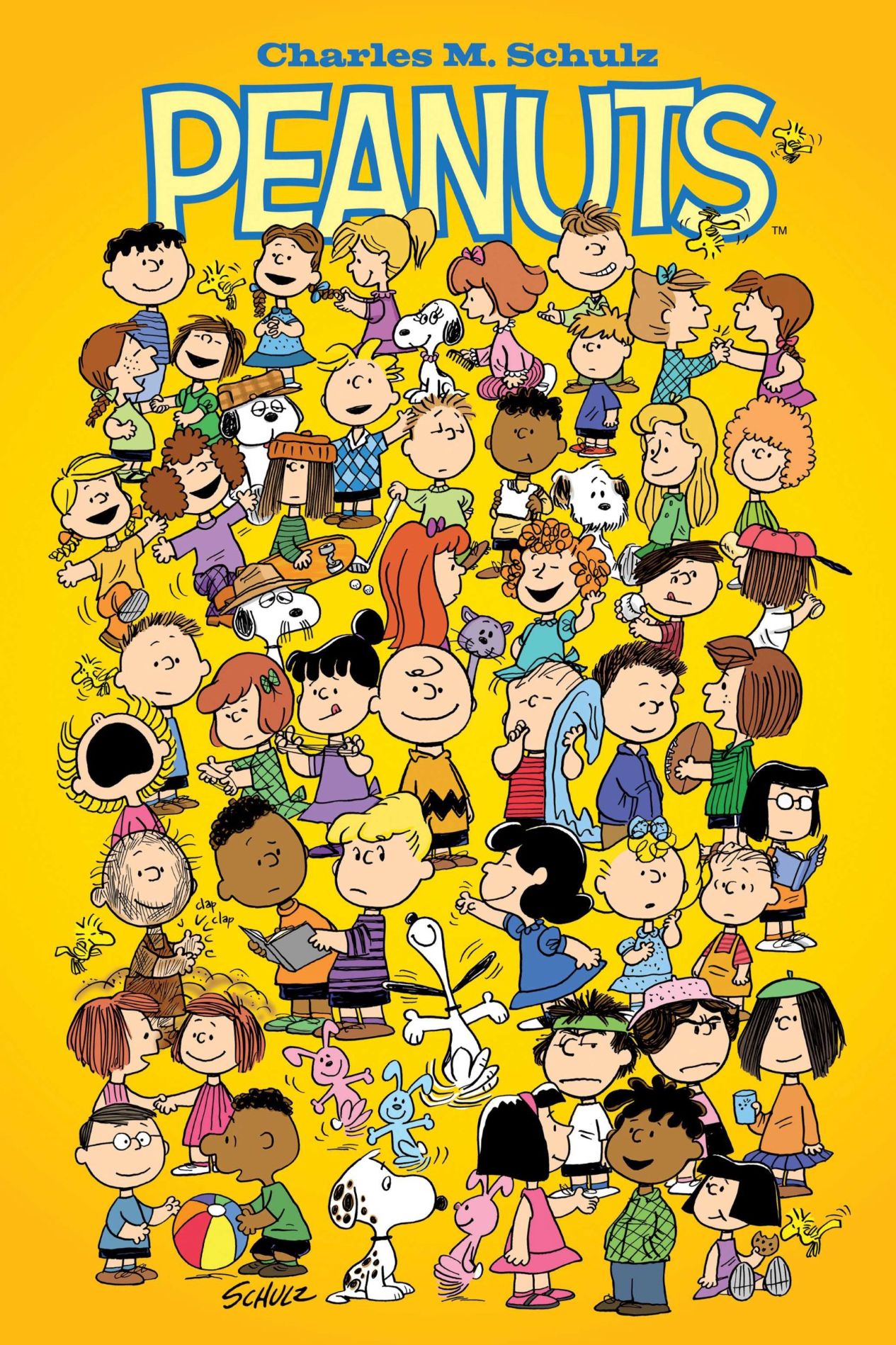
Peanuts
Created by Charles M. Schulz, Peanuts is a multimedia franchise that began as a comic strip in the 1950s and eventually expanded to include films and a television series. Peanuts follows the daily adventures of the Peanuts gang, with Charlie Brown and his dog Snoopy at the center of them. Aside from the film released in 2015, the franchise also has several Holiday specials that air regularly on U.S. Television during their appropriate seasons.






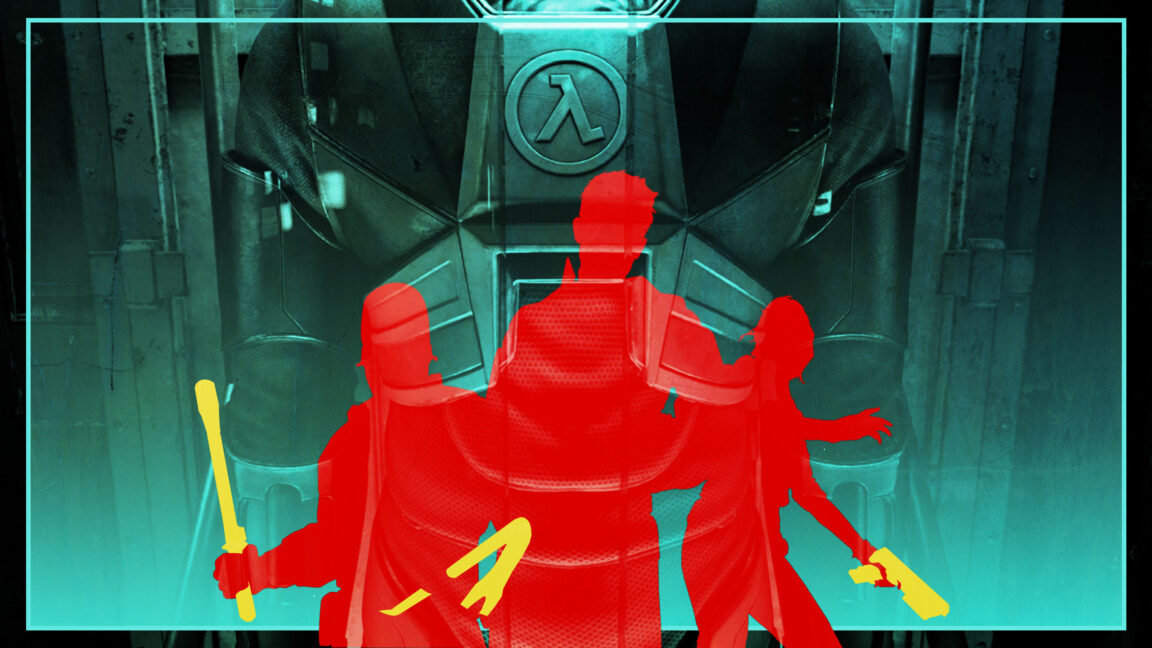
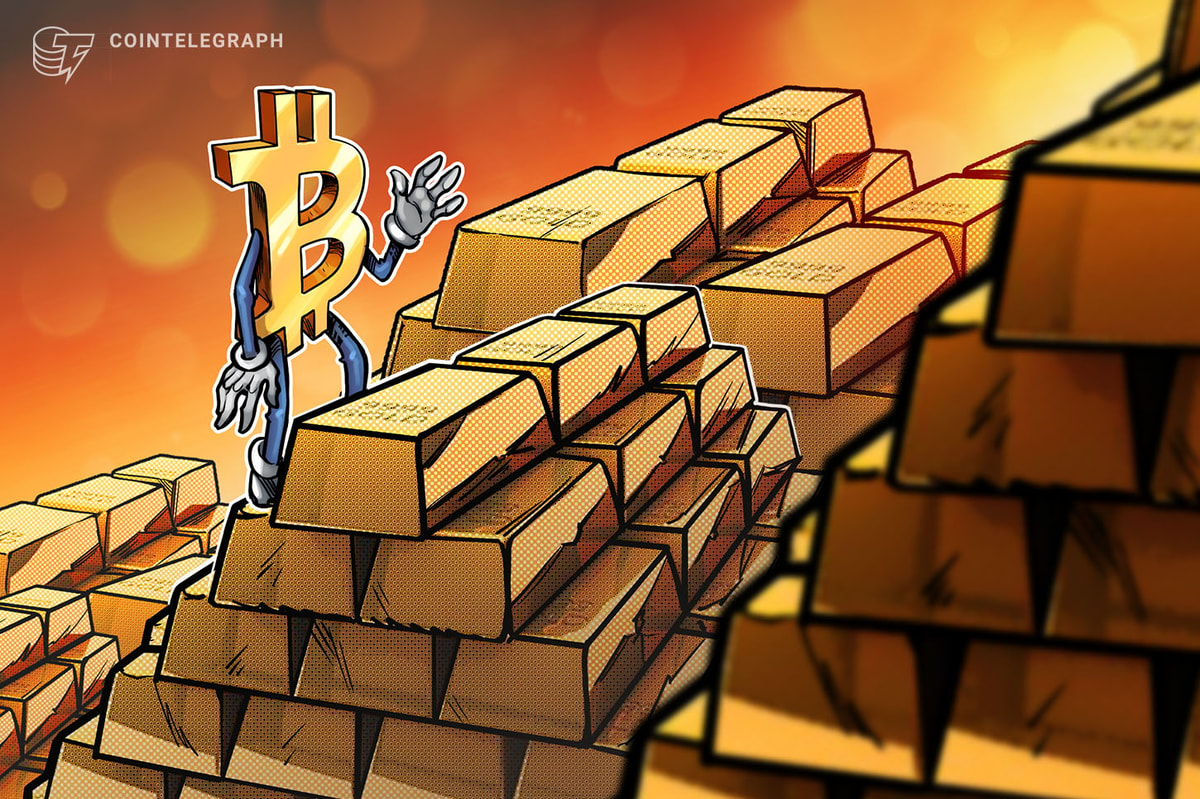

 English (US) ·
English (US) ·